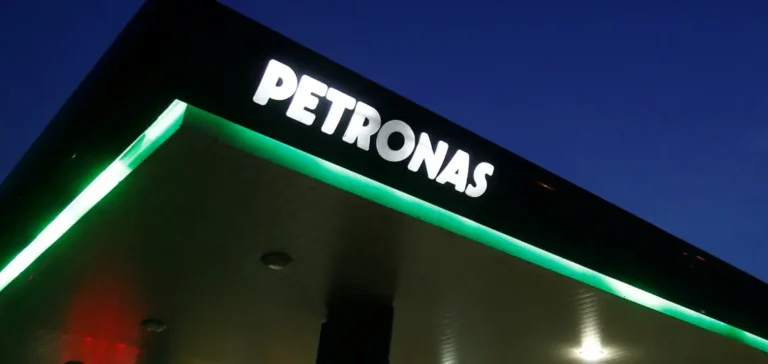Petroliam Nasional Berhad (Petronas), Malaysia’s national oil company, announced on June 11 the elimination of 5,000 jobs worldwide, representing 10% of its total workforce. The group stated that support functions, such as human resources and financial services, will be particularly affected by the measure.
A revised strategy with unclear trade-offs
This decision comes amid a strategic reorientation driven by global energy price pressures, industrial transformation and new priorities linked to low-carbon targets. Petronas stated its goal is to become an integrated provider of low-carbon solutions, though it has not specified how this shift will affect its international assets.
In Africa, where Petronas has interests in several producing countries including Sudan, Egypt, Niger and Senegal, the lack of a clear position raises concerns. No details have been provided regarding the local impact of the restructuring, although many of these projects require significant investment or specialised technical capabilities.
Discrepancies between statements and actions on the African continent
In 2022, Petronas had considered selling part of its upstream African assets for an estimated $3bn, though no transaction has been finalised. This precedent reinforces doubts surrounding the group’s real intentions on the continent, particularly as its priorities increasingly appear to focus on Asia and liquefied natural gas (LNG).
The company stated that affected employees would receive a transition package including severance compensation and professional retraining support. However, no information has been provided on the geographical distribution of the job cuts, contributing to uncertainty about the group’s commitments in Africa.
Communication gaps add to tensions with local partners
Despite its public position in favour of a progressive energy transition, Petronas continues to invest in other regions without clarifying the future of its African projects. This imbalance is raising questions among the continent’s public and private partners.
In its June 11 statement, the company mentioned only the need to “ensure Petronas remains able to grow and serve the nation”, without addressing international operations. The lack of targeted communication with African partners could complicate the management of joint projects in the short and medium term.






















